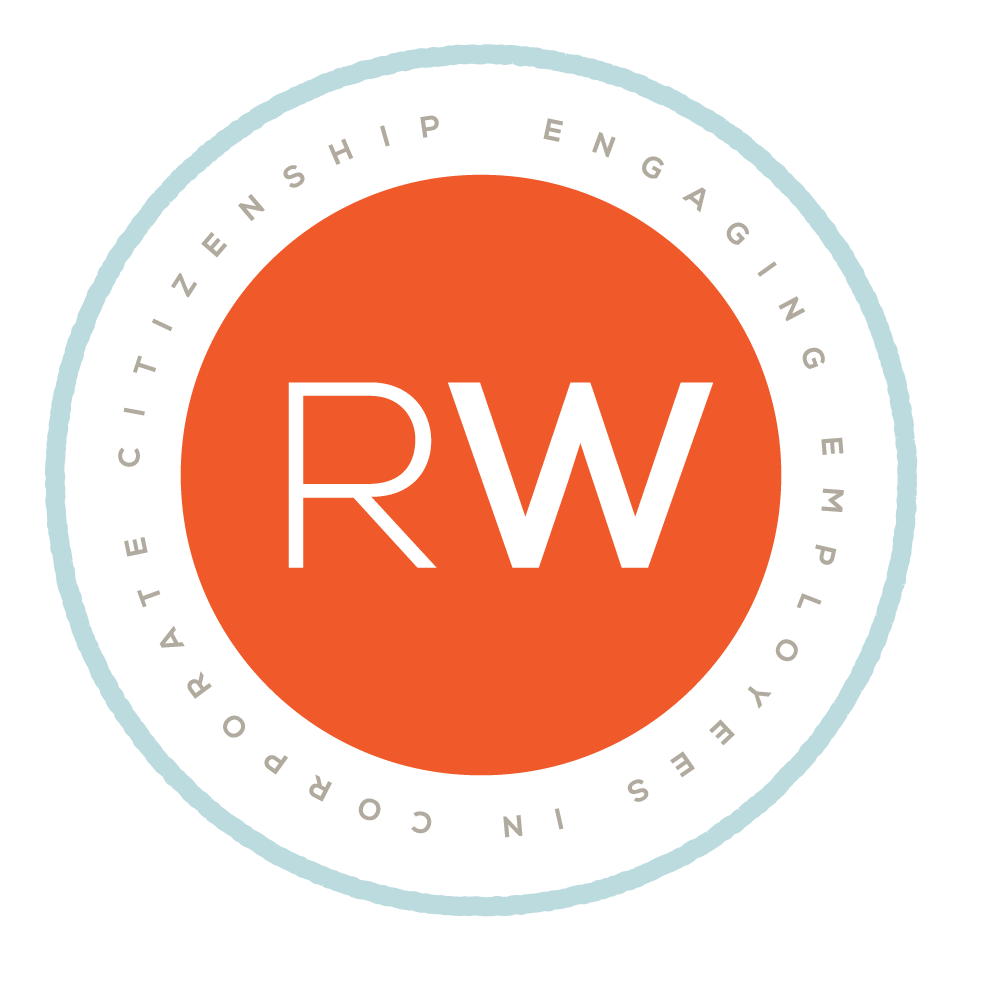Reciprocity and Corporate Social Justice

Reciprocity and Corporate Social Justice
The new parameters defined by a global pandemic have pushed us to reveal versions of ourselves that don’t fit the standard definition of professional. Why does the lack of polish feel so compelling? In the waves of uncertainty, faced with hard choices, and brought face to face with just how privileged we actually are as knowledge workers – it’s easier to connect with that which is perceived as more “human.”
Lily Zheng believes we’re moving into an age of “Corporate Social Justice.” There’s a transactional undertone to the concept of “giving back” in CSR. You give me something, I give you something; I’ve received something from you, I should give back. What Zheng is proposing is a transition toward a different kind of reciprocity, one that is based in relationship and is driven by a vision of justice and equity. The capitalist, colonized system is built on, and indeed relies upon, a dynamic of power over to generate wealth. And it’s not necessary. But to get to a point of power with, so much has to change.
Collaboration and a true desire – and clear actions – to fully understand the experiences, struggles, and needs of our communities and our community partners are the first step to finding the true heart of your CSR practice. Start and end with people, with dialogue, with vulnerability and good will. This is what love looks like at work.

